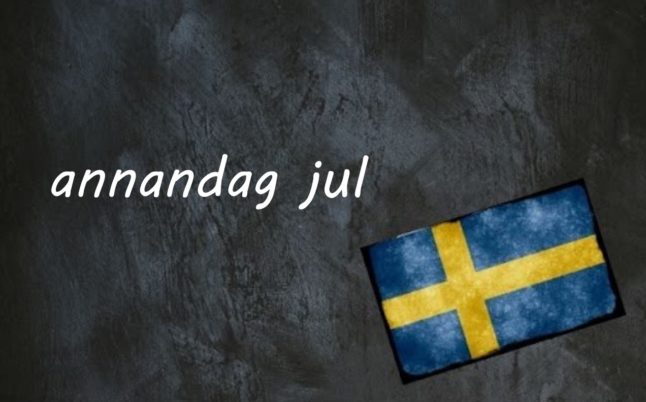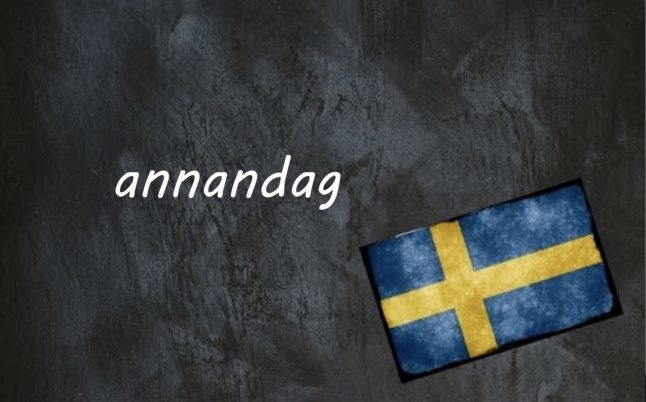December 26th has a curious set of names around the world. In English, it is known as Boxing Day. In Swedish, the name makes a lot more sense: annandag jul, which literally means “the second day of Christmas”.
The day is also known as den helige Stefanos dag (St Stephen’s Day) and Stefanidagen in Swedish-speaking Finland, in honour of a saint believed to have been stoned to death on this day. But in secular Sweden you’re much more likely to hear the term annandag jul in general conversation.
December 26th is a red day or public holiday in Sweden. And several centuries ago, December 27th was sometimes called tredjedag jul or “the third day of Christmas” and was also a day off for many years. That was the case from 1772 until Gustav III abolished the extra holiday, but the name tredjedag jul is still used by some.
There aren’t many traditions specifically tied to annandag jul. As well as spending time with family, it’s also become known for sporting events such as Annandagsbandy (Boxing Day bandy), a set of bandy matches that take place every year on the date, although for a long time the Swedish Church criticised this custom.
Example sentences:
Vi ska besöka min frus familj på annandag jul
We’re going to visit my wife’s family on December 26th
Annandag jul är en dag för familjen och sport
Boxing Day is a day for family and sport
Don’t miss any of our Swedish words and expressions of the day by downloading The Local’s new app (available on Apple and Android) and then selecting the Swedish Word of the Day in your Notification options via the User button.



 Please whitelist us to continue reading.
Please whitelist us to continue reading.
Member comments